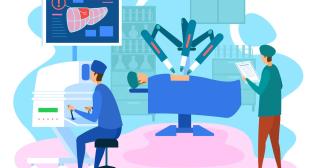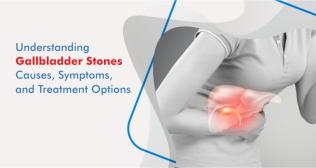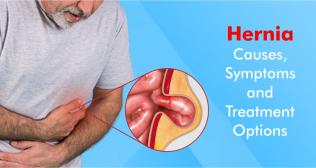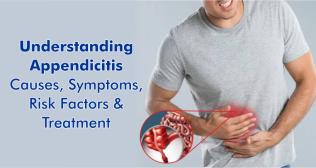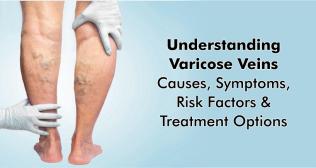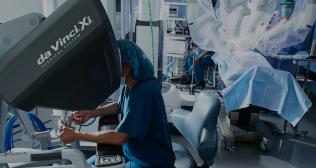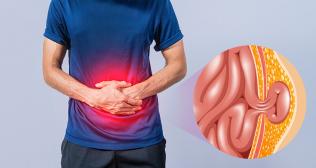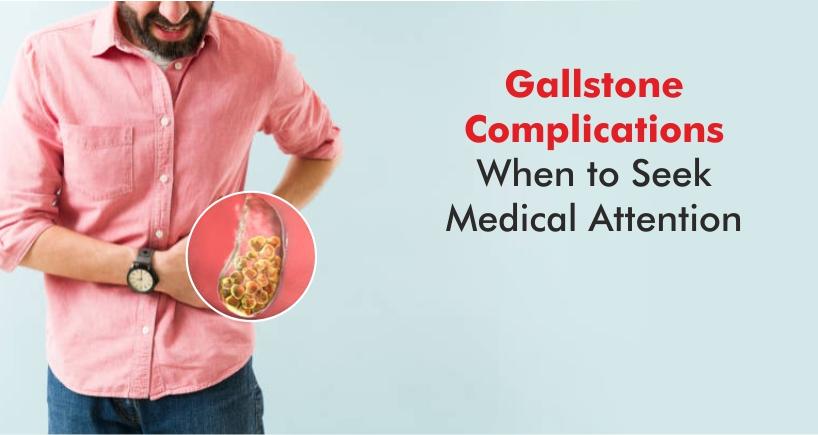
Gallstone Complications: When to Seek Medical Attention
Gallstones are a common digestive issue, but they can sometimes lead to serious complications. It's essential to understand when you should seek medical attention to avoid potential health risks associated with gallstone-related problems.
Common Complications:
1. Gallstone Colic: This occurs when a gallstone blocks the neck of the gallbladder or the cystic duct. It leads to intense, cramp-like pain in the upper right abdomen. The pain can radiate to the back or shoulder blades and may last for several hours. If you experience such pain, it's crucial to consult a healthcare professional.
2. Cholecystitis: When gallstones block the cystic duct, it can cause inflammation of the gallbladder, a condition known as cholecystitis. This condition may result in severe abdominal pain, fever, and sometimes jaundice. Prompt medical attention is necessary to treat cholecystitis and prevent further complications.
3. Gallstone Pancreatitis: Gallstones can migrate from the gallbladder into the common bile duct, blocking the pancreatic duct and causing inflammation of the pancreas. This leads to severe abdominal pain, nausea, and vomiting. Gallstone pancreatitis is a medical emergency and requires immediate attention.
4. Cholangitis: This is a rare but severe complication of gallstones in which they block the common bile duct and lead to infection. Symptoms include jaundice, fever, and severe abdominal pain. Cholangitis can be life-threatening and requires urgent medical intervention.
5. Gallstone Ileus: In some cases, gallstones can pass into the small intestine and cause an obstruction. This leads to symptoms such as severe abdominal pain, bloating, and vomiting. Gallstone ileus is a surgical emergency.
When to Seek Medical Attention:
Knowing when to seek medical attention for gallstone complications is crucial to preventing more severe issues. You should consult a healthcare professional if you experience the following:
1. Intense Abdominal Pain: If you have severe, unrelenting abdominal pain that doesn't improve with over-the-counter pain relievers, it's time to seek medical help.
2. Fever and Jaundice: The combination of fever and yellowing of the skin or eyes (jaundice) is a clear sign of a potential blockage in the common bile duct, which requires immediate attention.
3. Persistent Nausea and Vomiting: If you're unable to keep food or fluids down due to persistent nausea and vomiting, it's time to consult a healthcare professional.
4. Changes in Stool and Urine: Noticeable changes in the colour of your stool or urine, such as pale or clay-coloured stools and dark urine, could be indicative of a common bile duct blockage.
5. Abdominal Distension: Severe bloating or abdominal distension, especially if accompanied by pain, may suggest an intestinal obstruction due to gallstones.
In conclusion, gallstone complications can range from mild discomfort to severe, life-threatening conditions. It's vital to be aware of the symptoms and signs that warrant immediate medical attention to ensure that complications are addressed promptly. Ignoring severe symptoms may lead to worsening conditions that can be more challenging to treat. If you suspect gallstone-related issues, consult with a healthcare professional to determine the best course of action and prevent further complications. Early intervention is key to managing gallstone complications effectively.
Categories
Clear allMeet the doctor

- General Surgery | General Surgery
-
20 Years
-
1100








